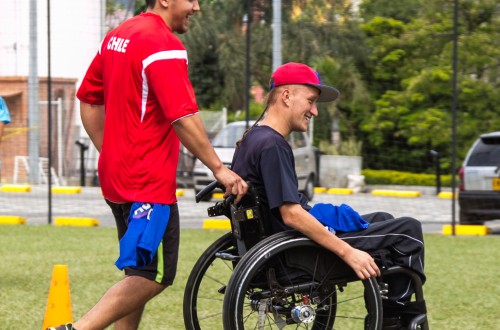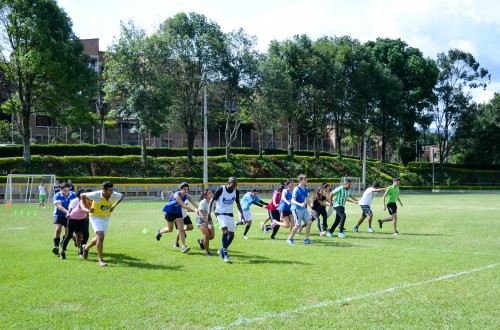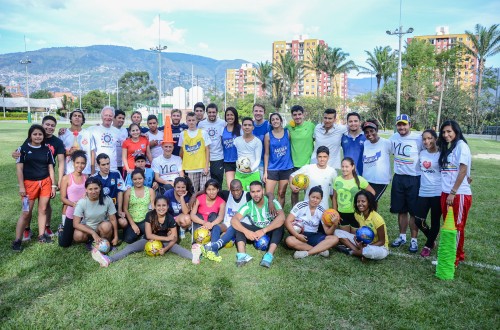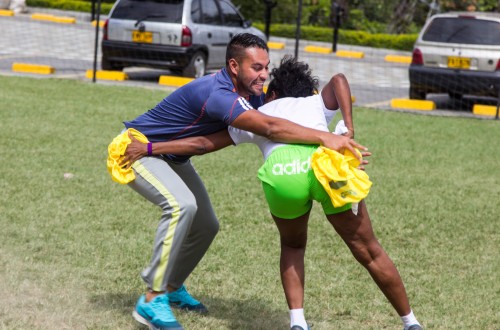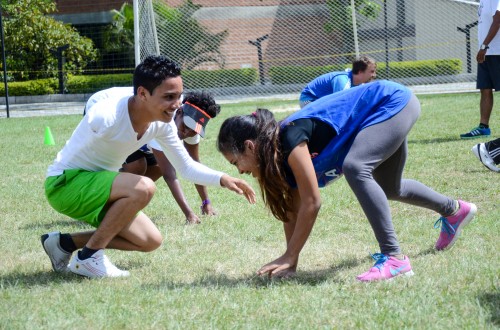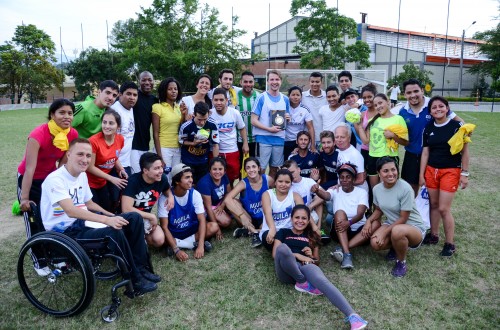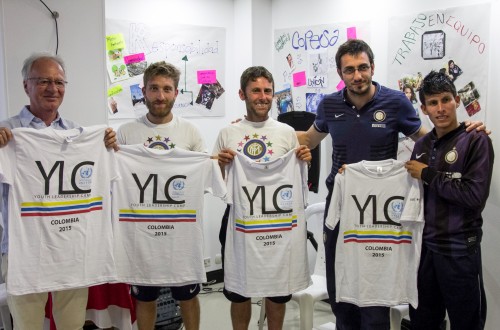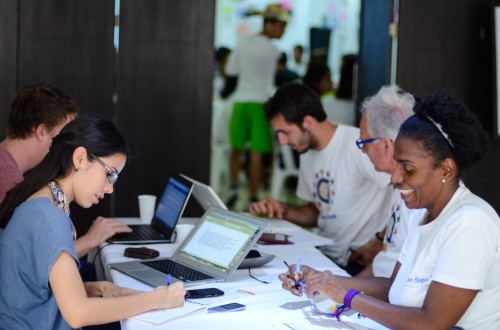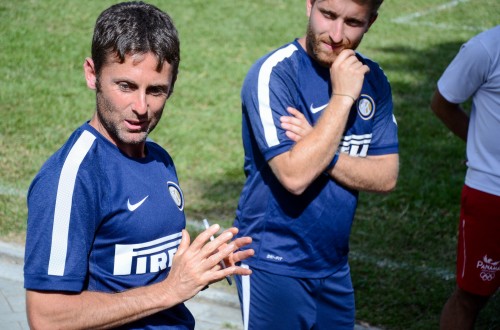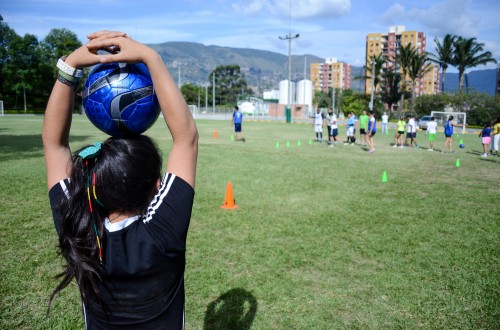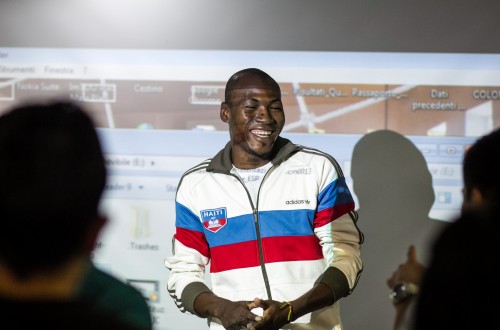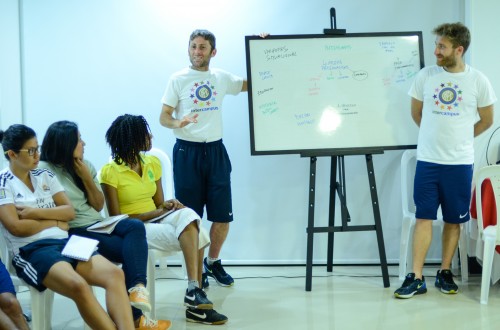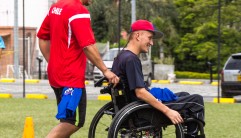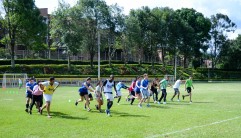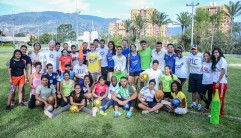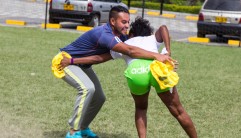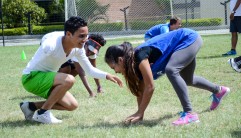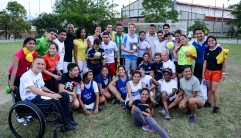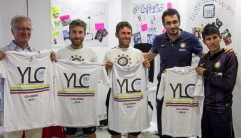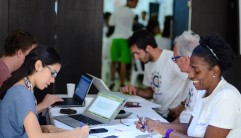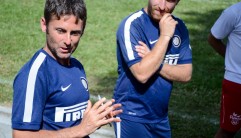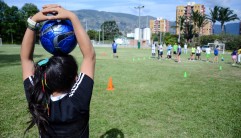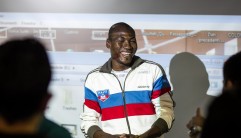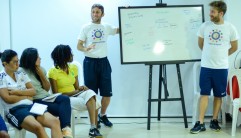MEDELLIN – Historically, sport has always been an instrument of peace. This has been the case from the very first Olympic Games in Ancient Greece, which brought a halt to conflict all over the country, to the modern day, where sporting practice is finding a social role in the world once again.
For many years the United Nations has viewed sport as a natural partner in implementing development policies, recognising its value as an effective tool for integration, equality of gender, race and religion and the fight against conflict. Within this context, Inter Campus has been recognised as a great example of good sporting practice and is often cited as a concrete model to follow.
This was the case in 2012, when the doors at the United Nations in New York were first opened to Inter Campus, and again in 2014. Both occasions were key in presenting the project, but more importantly offered an opportunity to discuss relevant issues with experts at the top of the sector.
Collaboration between Inter Campus and the United Nations Office on Sport for Development and Peace (UNOSDP) began in 2014. This UN body, among other things, organises the Youth Leadership Camps: 15-day retreats with outstanding young people who strive to tackle difficulties in their communities through activities related to sport. These two weeks, attended by people from many different cultures, are filled with personal testimonies, meetings, activities on the pitch and exchanges of views.
After the Camp in Berlin, Inter Campus also took part in this year’s event in Medellin, the first of its kind in South America. An already strong relationship was reinforced still further, as teaching methodologies were exchanged as part of a clear and joint mission: to restore the Right to Play to thousands of boys and girls all over the world who otherwise would be deprived of it.
During the 16th Youth Leadership Camp, coaches Silvio Guareschi and Juri Monzani explained over two intense days what Inter Campus regularly does in 29 countries, offering insight into coaching, educational and psychological issues. The group of 15 girls and 15 boys – coming from Argentina, Panama, Chile etc. – listened attentively and threw themselves energetically into the activities, testing their own abilities and creating a close bond between themselves and their instructors.
There were also numerous disabled people among the 30 participants, whose praiseworthy commitment was proof of how it is possible to accept and overcome difficulties, thanks as well to sporting values such as peace, communality and solidarity. These are values that the UNOSDP and Inter Campus recognise in each other and they have been the central thread of every one of the Camp’s initiatives.
As usual, it was an enriching experience and one that we are honoured to have experienced. Having arrived back home, we are already eagerly awaiting the next Camp.
06.06.2015




